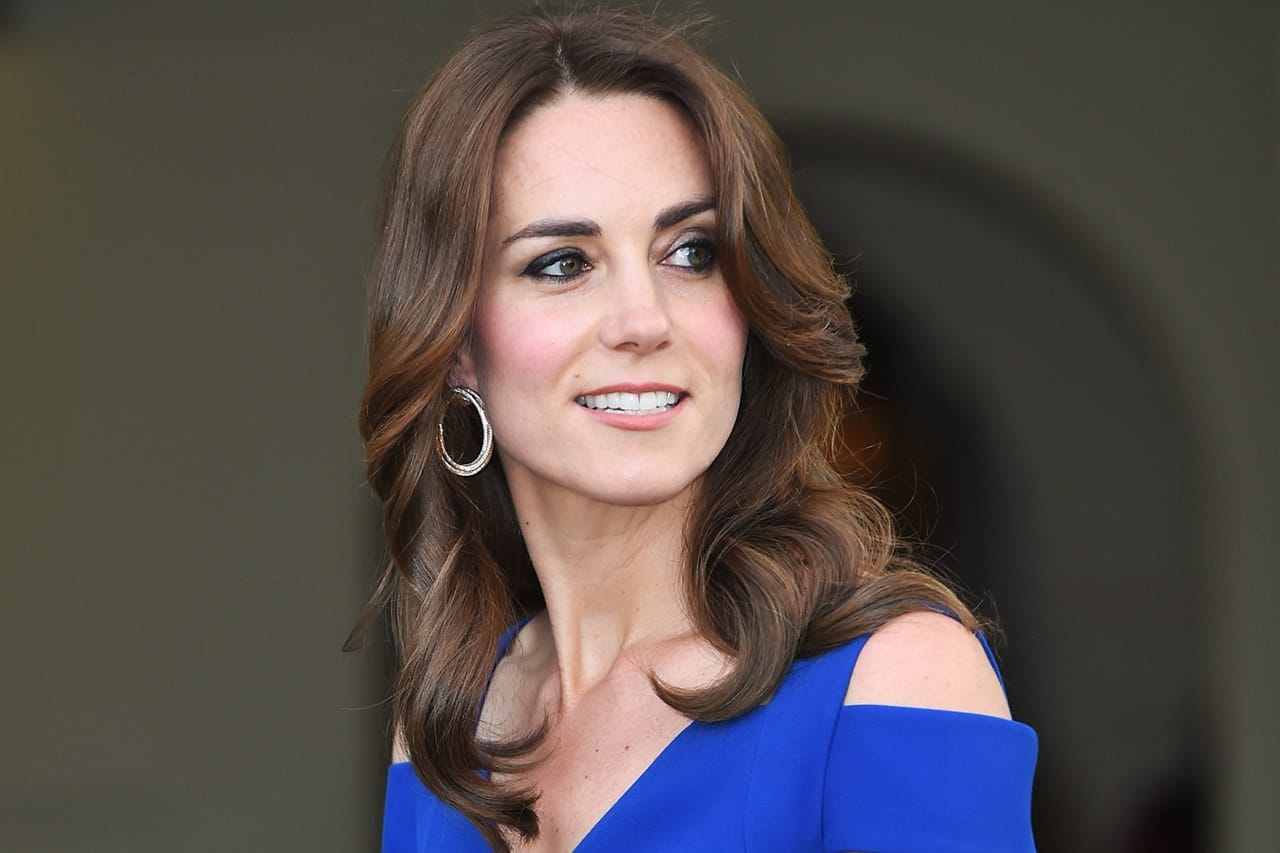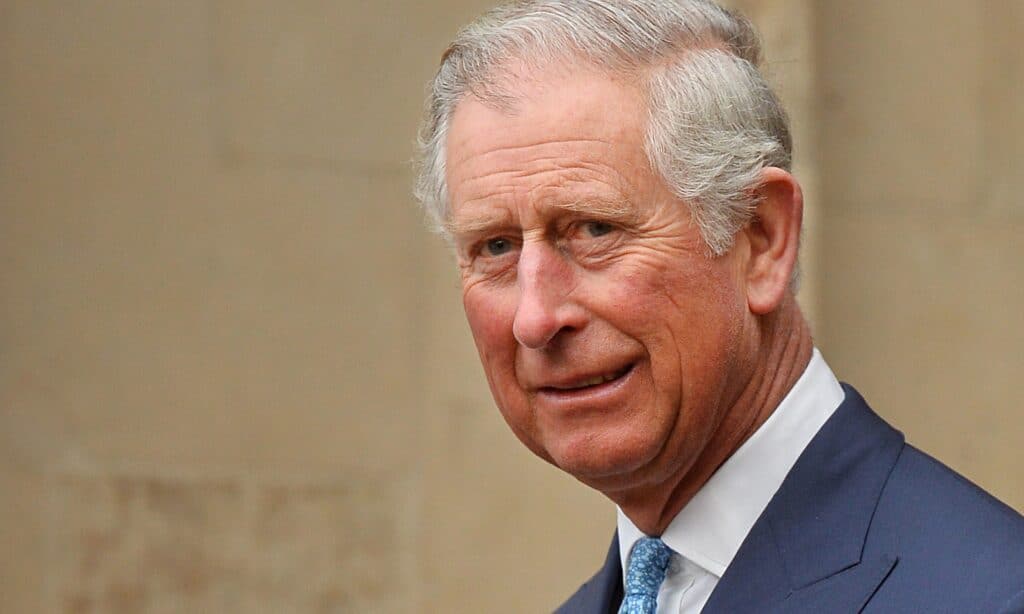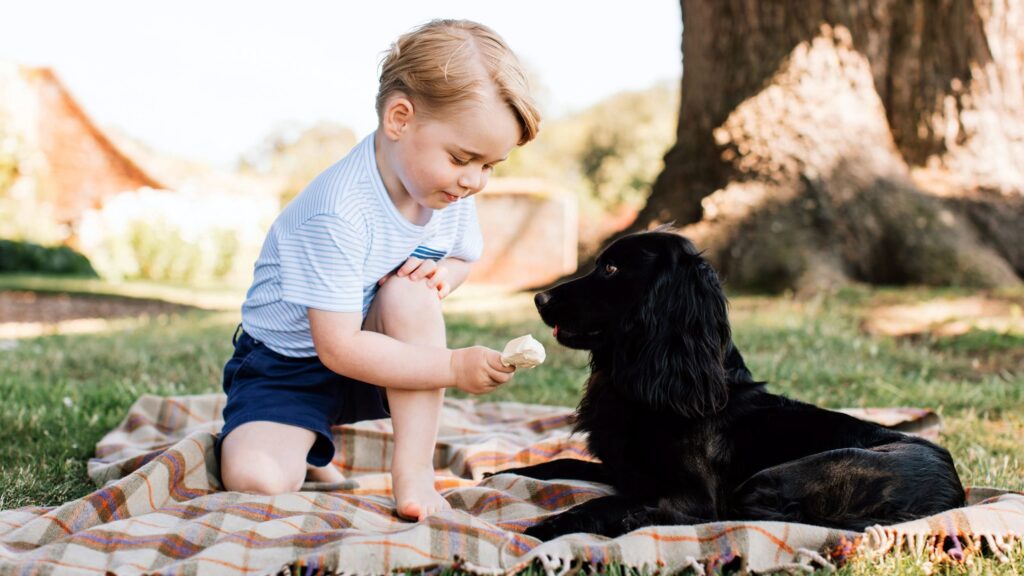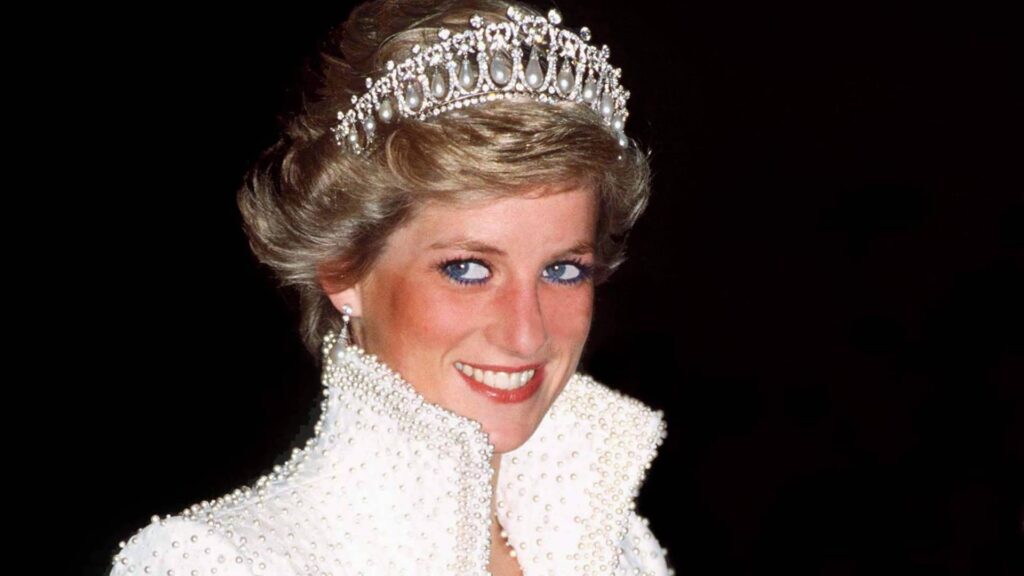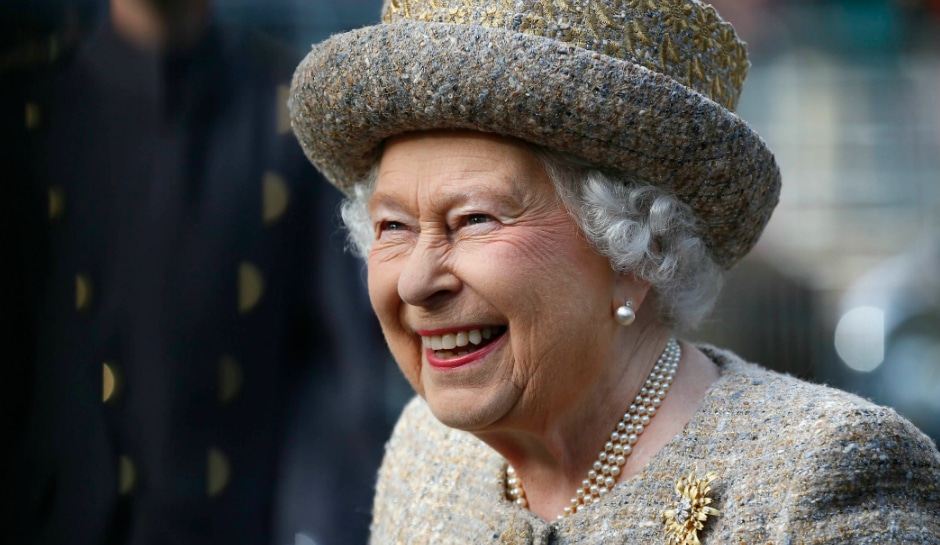Being a member of the aristocracy isn’t all garden parties and state visits. In fact, each member of the royal family finds themselves following a fairly hefty protocol guide.
This guide dictates how a royal will dress and how they should accommodate local customs when traveling among a myriad of other things.
There is also a bunch of language use covered by royal protocol. While members of the royal family aren’t going to get into trouble if they use these 15 words, they simply won’t use them if they can help it.
We wonder if Kate Middleton was given them in a handy list format when she married into the family?
1. Portions
When it comes to the royal diet, they never eat their food in “portions,” but rather, they prefer to fill themselves up with “helpings” instead.
2. Patio
Royal people wouldn’t really know what a “patio” was. It’s something that goes in an ordinary home. A palace has a “terrace” instead.
3. Function/Do
Class distinctions are rife in British society and while the peasants go to a “do” and the middle-class to a “function,” the royals only go to a “party.”
4. Lounge/Living Room
As far as the royals are concerned, the room many refer to as the “lounge” or “living room” is called the “drawing room” (which was short for “withdrawing room”) or at a push, the “sitting room.”
5. Sweet
In many a British household, the final course of a meal is a “sweet,” or possibly, “afters.” In Buckingham Palace, it’s “pudding” and nothing else.
6. Refreshments
The royals have a peculiar disdain for all things middle-class, and “refreshments” are met with the same distaste. They stick to “food and drink.”
7. Posh
The hoi-polloi may think that wealthy, important people are “posh,” but the royals consider them to be “smart.” If they use the word “posh,” it’s done to mock someone else’s use of it.
8. It Was Nice To See You
Once a royal family member has bid you “goodbye,” that’s the end of the conversation. They’re not going to follow up with “it was nice to see you.”
9. Cheers
If you raise a glass to someone in a British establishment, you will normally say “cheers!” Royals don’t. They offer a formal toast instead.
10. Perfume
It’s an innocent enough word, but it’s also too French for the royals to really get on with it. The right word in royal circles is “scent.”
11. Dinner/Tea
The royals only speak of their evening meal as “supper,” and never as “dinner” or “tea” mainly because this is how the lower and middle classes speak.
12. Serviette
In the royal household, it’s a “napkin” and never, ever a “serviette.” This may be because it’s a French word, but also it may be simply too middle class for the royals.
13. “Mom and Dad”
In England, this would be “mom and dad,” but the royal family doesn’t use these contracted terms either. It’s always “mummy and daddy.”
14. Toilet
Royals don’t go to the “toilet,” they ask to use the “lavatory” or the “loo” instead. Other words such as “bathroom” or “gents” are considered to be too gauche.
15. Pardon
To say “pardon” is a cardinal sin in royal circles. Partly, because it’s a French word when the English “sorry” will do, and partly because it’s one of those words which sounds like you’re trying too hard.
16. Fanny Pack
It’s not just Kate Middleton that wouldn’t use the next 15 words. It’s all British people. This one is an absolute no-no. The word “fanny” is very much ruder in Britain than you might think. The right words are “bum bag.”
17. Bachelorette
In Britain, when women get married and have a party with their female friends beforehand, it’s called a “hen do.” Brits aren’t keen on feminizing masculine words like “bachelor.”
18. Backhoe
This term probably wouldn’t even be understood in Britain. It’s completely American. The British prefer the word “digger” which does, to be fair to them, actually describe what the machine in question does.
19. Condo
Brits don’t live in condos and they have no clue what a condo is. Their preferred term for this kind of home is “an apartment” or “a flat.”
20. Cooties
Tell a British child they have cooties and they’ll just look at you like you’re crazy. That imaginary contagious disease is known as “the lurgy” to them.
21. Drug Store
British people tend to see drugs as illegal and the pharmaceutical products that they buy as “medicine,” but a “drug store” isn’t a “medicine store” in Britain, it’s a “chemist.”
22. Fries
When a Brit fries up some potatoes to make a delicious accompaniment to his dinner, he would never refer to the output as “fries” preferring, instead, to use the term “chips.” What Americans think of a “chips,” a Brit refers to as “crisps.”
23. Garbage Truck
It’s odd, but British people do use the word “garbage” (though they prefer “rubbish”). They also use the word “truck,” though in a more limited manner than Americans and the rest of the world does. However, it’s never a “garbage truck” and always a “rubbish cart.”
24. Hard Candy
When British folks want to satisfy their urge for a quick sugar hit, they don’t ask for “hard candy.” Instead, they will request “boiled sweets.”
25. Mail Carrier
The postal service in the United Kingdom is the Royal Mail, and anyone who delivers letters for that service is a “postman,” “post woman,” “postal worker” or “postie” and definitely not a “mail carrier.”
26. Pantyhose
The term “pantyhose” occasionally seems to gain a foothold in advertising in Great Britain, but it hasn’t stuck. People cover their legs with “tights” when they’re British.
27. Realtor
An English person would only ever dream of buying a home from an “estate agent,” they’d look at you very oddly if you suggested a “realtor.”
28. Stool Pigeon
When a British person wants to inform on a criminal to law enforcement, they are said to be a “grass” and to have “grassed that person up.” Nobody would have the first clue as to what a “stool pigeon” might be.
29. Two Cents Worth
Brits don’t offer their “two cents worth,” mainly because their currency doesn’t use dollars and cents. They give their “two pence worth” or more commonly “tuppence worth” instead.
30. Undershirt
While an “undershirt” might seem like a perfect description of the garment in question because it does go under a shirt, the British prefer to use the term “vest.”
It’s funny how language can take on a whole new meaning depending on the speaker. Of course, most families develop their own language over time, but most don’t take that as seriously as the British Royal Family.
source: wimp.com
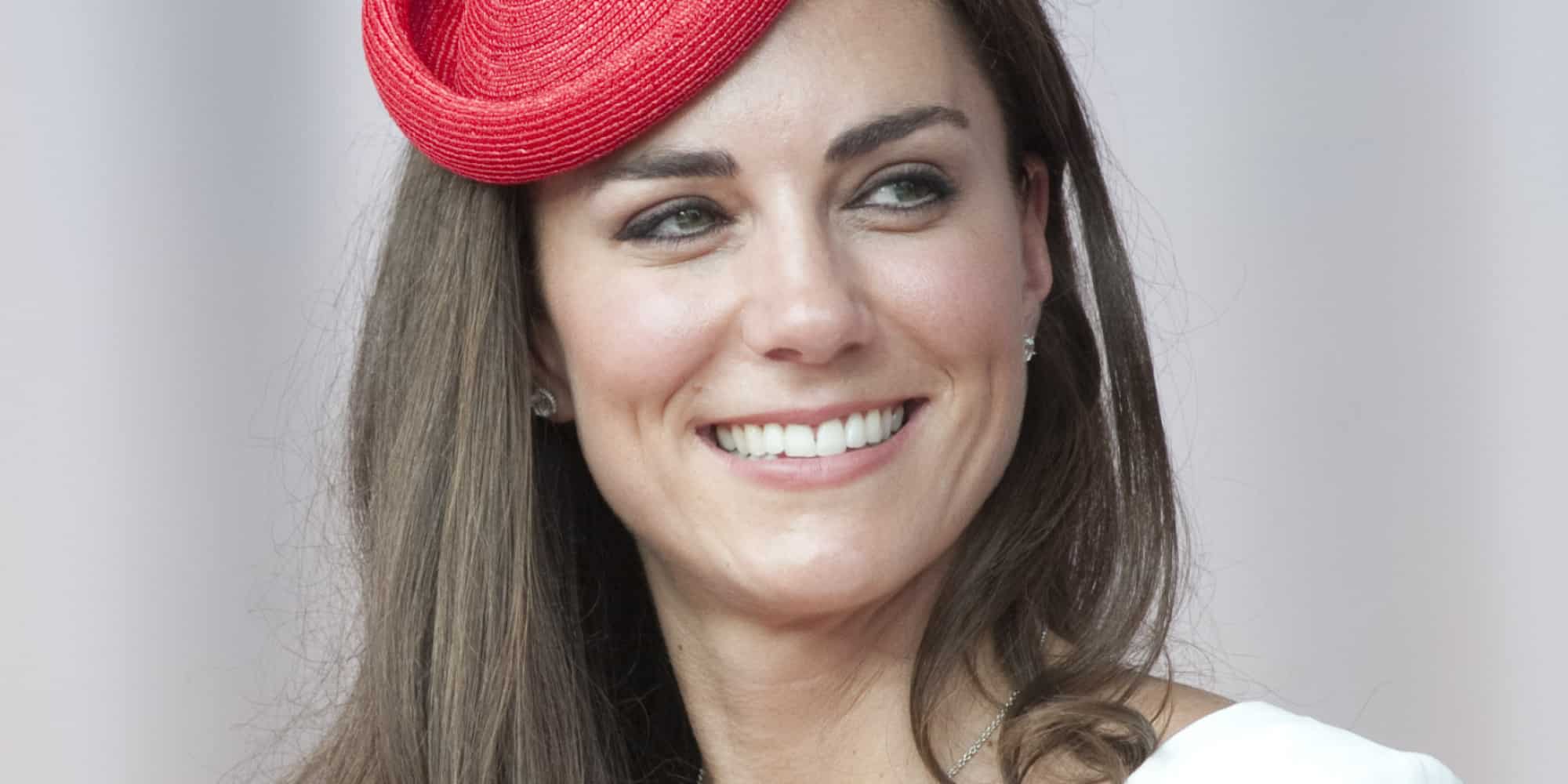
What’s the appropriate word for the following words in the Royal Family?
portion |
|
patio |
|
do |
|
lounge |
|
sweet |
|
refreshments |
|
posh |
|
perfume |
|
serviette |
|
mom and dad |
|
toilet |
|
pardon |
|
Key
portion | helping |
patio | terrace |
do | party |
lounge | drawing room, sitting room |
sweet | pudding |
refreshments | food and drink |
posh | smart |
perfume | scent |
serviette | napkin |
mom and dad | mummy and daddy |
toilet | lavatory, loo |
pardon | sorry |
Vocabulary
hefty | testes, vastag |
portion, helping | adag |
patio | terasz |
distinction | megkülönböztetés |
rife | elterjedt, gyakori |
peasant | paraszt |
do | parti, muri |
lounge | nappali |
disdain | lenézés, megvetés |
hoi-polloi | csőcselék |
posh | előkelő, flancos |
to mock | gúnyolni |
toast | pohárköszöntő, tószt |
scent | parfüm, illat |
napkin | szalvéta |
contracted term | rövidített forma |
lavatory, loo | vécé, mosdó |
gauche | tapintatlan |
cardinal sin | főbűn |
fanny | ülep, fenék |
bum bag | övtáska |
bachelorette party, hen do | leánybúcsú |
backhoe | markológép |
contagious disease | ragályos betegség |
accompaniment | köret |
rubbish cart | kukásautó |
urge | késztetés |
mail carrier | postás |
pantyhose | harisnya |
to gain a foothold | teret nyerni |
realtor | ingatlanügynök |
stool pigeon | besúgó, spicli |
two cents worth | vélemény |
undershirt | atléta, trikó |
garment | ruhadarab |

